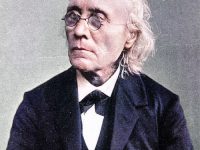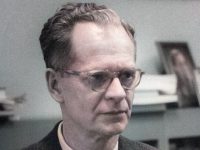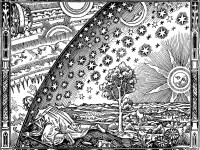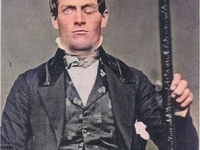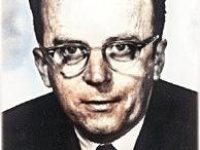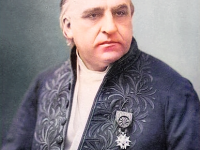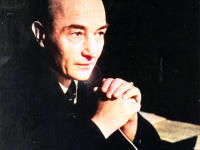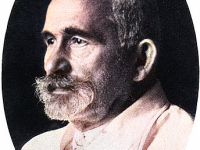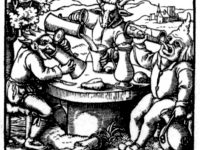Gustav Fechner, Psychophysics, and the Ultimate Philosophic Problem
On April 19, 1801, German philosopher, physicist and experimental psychologist Gustav Theodor Fechner was born. An early pioneer in experimental psychology and founder of psychophysics, he inspired many 20th century scientists and philosophers. He is also credited with demonstrating the non-linear relationship between psychological sensation and the physical intensity of a stimulus, which became known as the Weber–Fechner law. “Man lives on earth not once, but three times: the first stage of…
Read more

